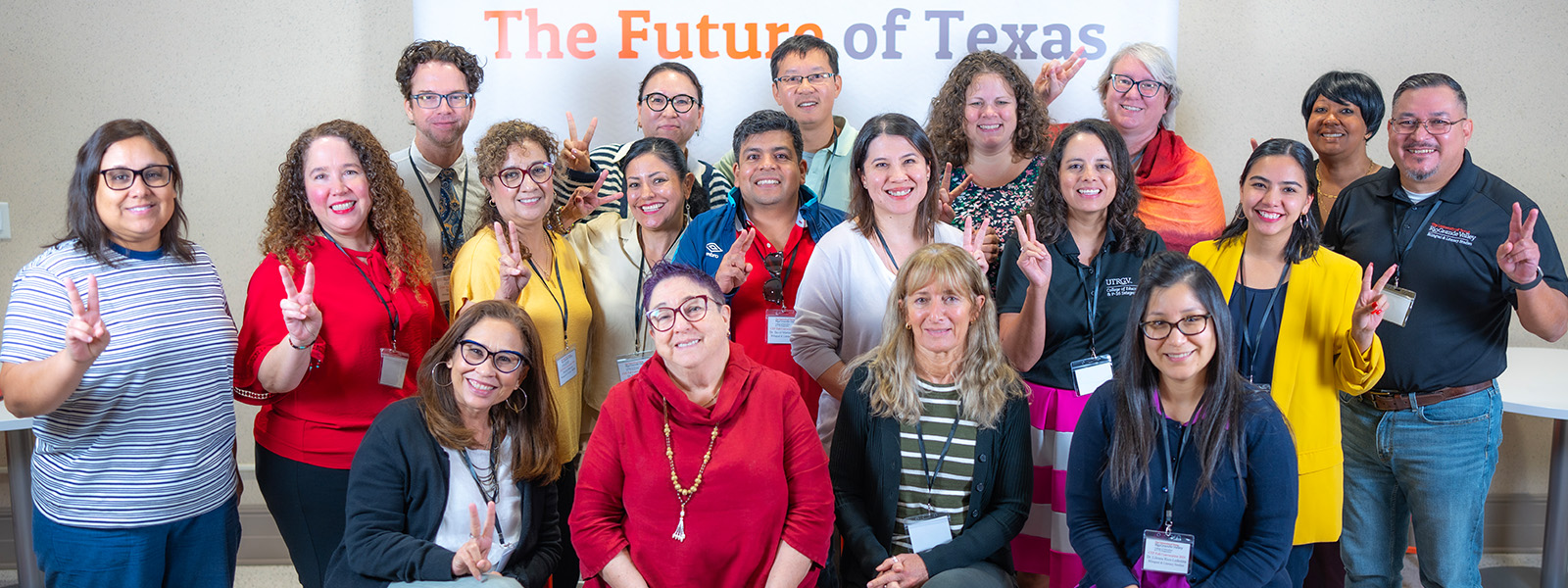
Bilingual and Literacy Studies Faculty Publications
Bilingual teachers’ reflections on students’ native language and culture to teach mathematics
Document Type
Article
Publication Date
2010
Abstract
In mathematics education, equity means that all students regardless of their language, ethnicity, gender, and socioeconomic status have the right to engage in high-quality classroom experiences that support meaningful mathematics learning (Secada, 1989, 1992, 1995). This is clearly stated in the National Council of Teachers of Mathematics (NCTM) Position Statement on Teaching Mathematics to English Language Learners and the Equity Principle of the Principles and Standards for School Mathematics (NCTM, 2000, 2008). Considering the fact that Latina/o students are the fastest-growing group in public schools, that nearly half (45 percent) are English language learners (Kohler & Lazarín, 2007), and that there exist large opportunity learning gaps for Latinas/os (Flores, 2007), there is a sense of urgency to better prepare teachers to address the needs of all students, particularly Latina/o students. Unfortunately, there are few certified teachers who are adequately prepared to teach culturally and linguistically diverse students (Téllez, 2004/2005). Professional development opportunities for bilingual teachers are usually centered on discussions of language and literacy, but rarely do they combine subject-matter knowledge, such as mathematics (see Musanti, Celedón-Pattichis, & Marshall, 2009).
Recommended Citation
Celedón-Pattichis, S., Musanti, S.I., Marshall, M.E. (2010). Bilingual Elementary Teachers’ Reflections on Using Students’ Native Language and Culture to Teach Mathematics. In: Foote, M.Q. (eds) Mathematics Teaching and Learning in K-12. Palgrave Macmillan, New York. https://doi.org/10.1057/9780230109889_2
DOI
http://doi.org/10.1057/9780230109889_2


Comments
© 2010 Mary Q. Foote